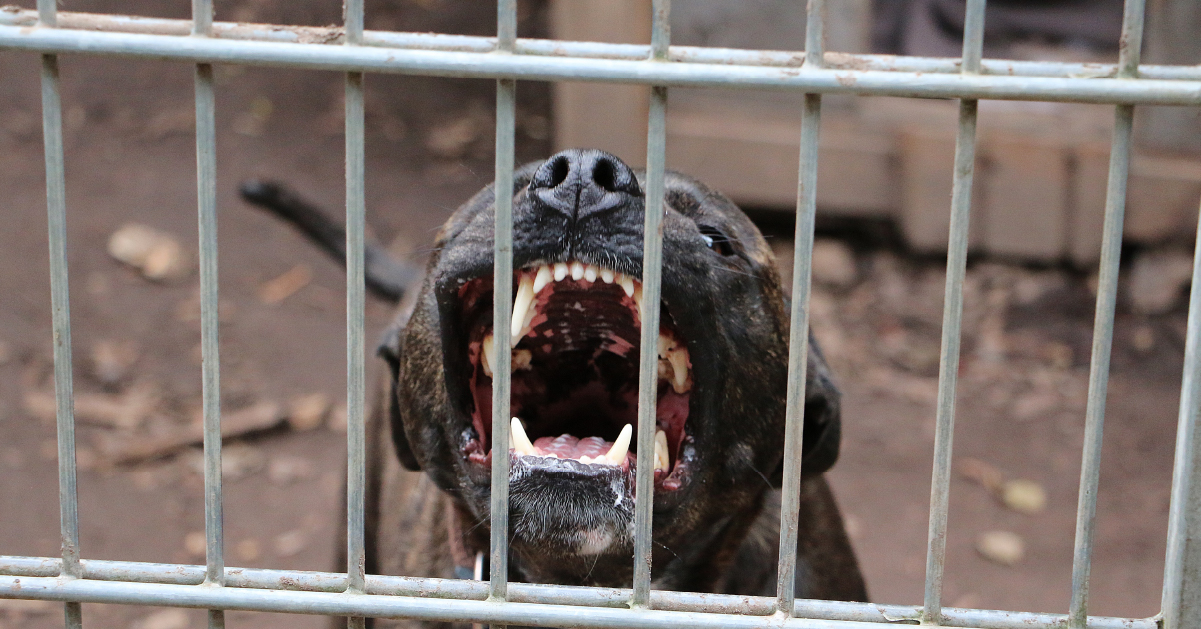
If you’ve suffered a dog bite injury on Long Island, speak to the experienced attorneys at Rosenberg & Gluck, LLP.
Yes. New York homeowners insurance typically covers dog bites with personal liability coverage, covering medical and legal expenses up to the policy limits. While homeowners insurance usually covers dog-related injuries, some conditions or exclusions may apply. Confirm coverage with the insurance provider.
If a dog bites you, contact a Long Island dog bite lawyer to understand your rights and pursue fair compensation.
Understanding New York Homeowners Insurance Coverage
Homeowners insurance protects your home, belongings, and offers liability coverage for injuries on your property. Standard policies typically include liability limits between $100,000 and $300,000 to cover claims for accidents. Some companies require dog owners to sign liability waivers regarding dog bite liability; check your policy carefully.
The best way to prevent dog bites is to train and socialize your dog. However, if your dog does bite someone, your homeowners insurance may help with a dog bite claim:
- Personal liability coverage pays for the expenses incurred due to the injury. This coverage also pays for legal fees that the homeowner incurs in a lawsuit.
- Medical payments coverage pays for the medical expenses to treat injuries from a dog attack on someone’s property.

Can New York Insurers Exclude Some Dog Breeds?
No. Starting January 2022, New York homeowners’ insurance companies can no longer discriminate based on dog breeds. The law (Senate Bill 4254—now Chapter 545) prohibits insurers from denying coverage, canceling policies, or increasing premiums solely due to the breed of dog owned.
Insurance companies in New York can cancel, increase rates, or deny policies for dogs deemed dangerous, as long as the decision is based on sound principles and linked to potential risk. They cannot take action solely based on the dog’s breed.
What Factors Determine Homeowners Insurance Coverage for Dog Bites in New York?
Factors that can affect homeowners insurance coverage for dog bites include:
- A history of dog bites or aggression, which can affect insurance coverage or raise premiums
- Dogs used for business purposes like guarding or breeding, which homeowners insurance may not cover
- If homeowners are excessively negligent in managing their dog and lose insurance coverage as a result
- If your homeowners insurance limits liability coverage for dog bites, leaving you responsible for costs exceeding the limit
What If the Dog Bite Happens Outside the Owner’s Property?
Homeowners insurance covers injuries on your property, including dog bites. It may also cover bites off-property, like at a park or on the street. However, some policies limit off-property coverage, so check with your insurer.
Does Renters Insurance Cover Dog Bites?
Yes. Renters insurance in New York can provide the same coverage as homeowners’ policies, including protection against dog bites. It is always best to review the policy to determine what coverage is in place.
What If the Owner of the Dog Doesn’t Have Insurance?
If the dog’s owner doesn’t have homeowners or renters insurance, you may need to file a lawsuit against them directly. Consulting a personal injury lawyer can help you understand your options. If the dog has a history of aggressive behavior or is known to be dangerous, there may be additional legal ways to hold the owner accountable.
How Much Is My Dog Bite Injury Case Worth?
As the Insurance Information Institute explains, Americans file more than 17,000 dog bite claims against homeowners insurance policies annually, with the average cost per claim skyrocketing to more than $65,000 in recent years.
The value of your claim may depend on various factors, such as the severity of your injuries, medical expenses, lost wages, and emotional distress. Working with a personal injury lawyer can help you determine the potential value of your case and negotiate for fair compensation.
How Can a Long Island Dog Bite Injury Lawyer Help Me?
A dog bite lawyer can help you seek compensation, often covered by the dog owner’s homeowners insurance. A dog bite lawyer will:
- Review the circumstances of the bite and advise you of your rights
- Conduct a thorough investigation to determine liability for damages
- Collect evidence, including medical records, photos, and witness statements
- Determine the value of the claim once your injuries stabilize, considering past and future treatment costs and potential lost earning capacity
- Submit the claim to the at-fault party’s homeowners insurance, where a claims adjuster reviews coverage, assesses liability, and determines the payout, which may result in approval, denial, or a negotiated settlement
- Negotiate with adjusters to secure a fair agreement, especially when insurance companies offer low settlements to minimize payouts, even in cases where fault is clear
What Happens If the Insurance Company Doesn’t Offer a Fair Settlement?
The insurer may refuse to fairly compensate the claim. When this happens, a lawyer can file a personal injury lawsuit in court for a judge or jury to hear the case and make decisions about liability and compensation.
How Much Time Do I Have to File a Lawsuit in New York?
In New York, you have three years from the date of a personal injury—including a dog bite—to file a lawsuit. There are exceptions where you may have a shorter time to act. Discuss your case with a lawyer to find out what timeframe applies.
Call Rosenberg & Gluck, L.L.P. Today
Injured in a dog attack? Rosenberg & Gluck, L.L.P. can help you seek compensation with no fees unless you win. Call for a free consultation today.







